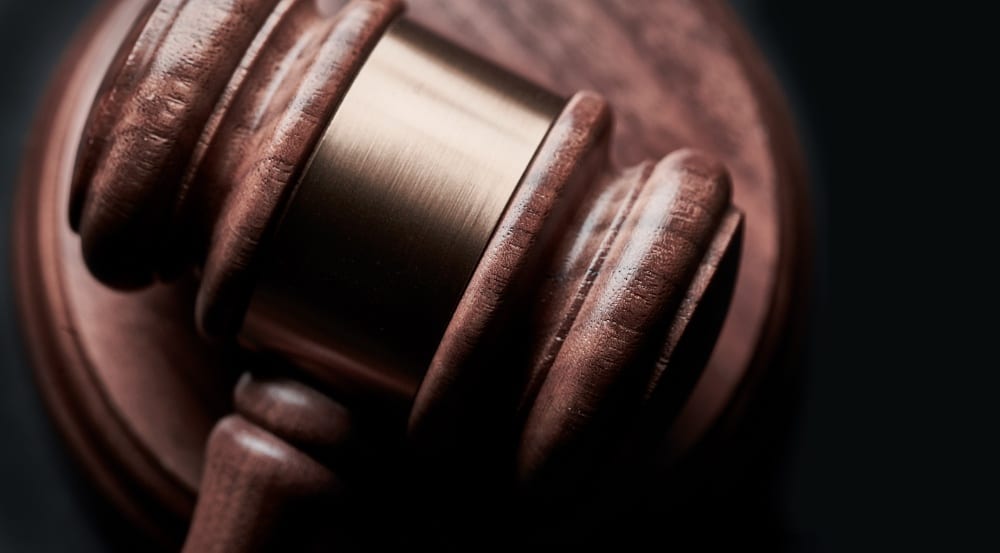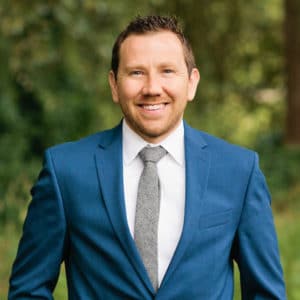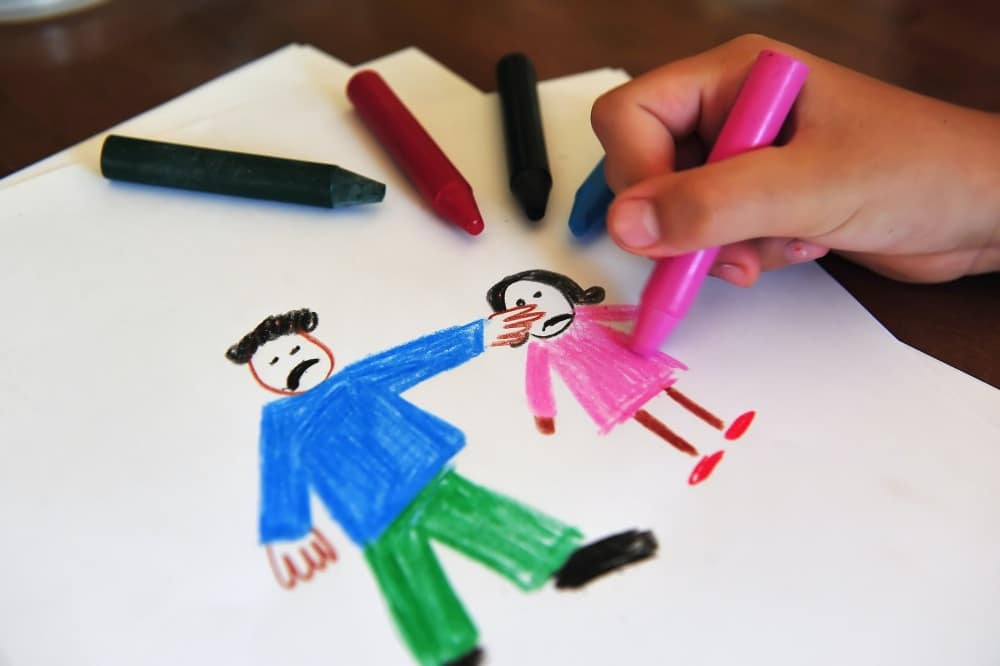In a decision issued today, the Washington Supreme Court ruled that survivors of childhood sexual abuse may still seek justice…
The Supreme Court of Washington State’s Clarification: Understanding the “Triggering Event” in Childhood Sexual Abuse Claims

In a momentous ruling dated September 7, 2023, Wolf v. State, the Supreme Court of Washington State provided pivotal clarity on the concept of what starts the statute of limitations on a sexual abuse claim.
The court held that in a case against an entity, such as the State, the statute of limitations on a childhood sexual abuse case does not begin to run until the victim knows his or her injuries were caused by such entity’s negligence.
Prior to this decision, under RCW 4.16.340, it was understood that a victim of childhood sexual abuse had three years from the time they connected the abuse itself to their resulting injuries. Now, survivors have three years from the time they connect that those injuries to an entity’s negligence (such as the state, a school, church or others).
Washington Law Center knows this decision will affect countless abuse survivors so we have outlined the case decision and its impacts below. With that, if you, or someone you know, has any questions please reach out to our expert attorneys for a confidential consultation.
Case Decision Insights:
Clarifying the “Triggering Event”:
- The Washington State Supreme Court’s primary focus was to clarify the “triggering event” that sets the clock ticking on the statute of limitations for childhood sexual abuse claims.
- This “triggering event” on claims against entities is now based on the time when the victim makes the connection between his or her injuries and the negligence of said entity (as opposed to the abuse itself, as it was previously understood).
- As per RCW 4.16.340(1)(c), once this “triggering event” transpires, the victim has a three-year window to initiate a lawsuit.
- For example – if a child was abused in foster care, their statute of limitations on a case against the State begins once they make the connection between their injuries and the State’s negligence.
Broadening the Scope of the “Act”:
- The court’s interpretation of the term “act” extends beyond just the malicious conduct of the abuser. “Act”, as it is used in RCW 4.16.340(1)(c), now encompasses the negligence of an entity, such as the State.
- Thus, the “triggering event” cannot manifest until the victim understands they may have a case against an entity, or understands an entity’s negligence played a role in causing their injuries.
- Contrary to the lower court’s ruling, the Washington Supreme Court posited that the term “act” was not so rigid in its meaning. In scenarios where the plaintiff alleges that their injuries stem from the entity’s negligence, the “act” to be linked with the injuries is the entity’s negligence, not the individual wrongdoing by the abuser.
Abuse Survivor Connection and Awareness:
- A victim cannot establish a connection between their injuries and the “act” if they do not know they have a claim against an entity, or do not know the entity’s negligence played a role in the abuse.
- If a victim connects an abuser’s act to the injuries they suffered from it, the statute of limitations against the abuser may begin but the statute of limitations against the negligent entity still does not begin until they are aware of the entity’s negligence.
Burden of Proof:
- Regardless of whether the defendant is an individual or an entity, the onus is on them to demonstrate that the statute of limitations has lapsed. The burden of proof is not on the abuse survivor.
Implications for Childhood Sexual Abuse Survivors:
Enhanced Legal Clarity: This judgment offers survivors a clearer understanding of when the statute of limitations commences, especially when multiple parties, including entities such as the State, schools or churches, are involved.
Potential for New Claims: Survivors who were previously unaware of the negligence of an entity as it relates to their injuries may now have a claim that, without this decision, would have passed its statute of limitations.
Washington Law Center continues to lead the industry in the fight for justice of childhood abuse survivors. If you, or someone you know, has suffered childhood sexual abuse please reach out. The consultations are confidential and can happen in whichever format you feel most comfortable. We are ready to help.
Full Decision can be read here: https://www.courts.wa.gov/opinions/pdf/1014775.pdf





Comments (0)